
views
Damascus: Thousands of Syrians demanded an end to 48 years of emergency law on Sunday, a third consecutive day of protests emerging as the biggest challenge to Syria's rulers since unrest swept the Arab world this year.
"No. No to emergency law. We are a people infatuated with freedom," marchers chanted as a government delegation arrived in the southern town of Deraa to pay condolences for victims killed by security forces in demonstrations there this week.
Security forces fired tear gas at the protesters. Around 40 people were taken to be treated for gas inhalation at the main Omari mosque in the old city, residents said.
"The mosque is now a field hospital. The security forces know they cannot enter the old city without spilling more blood," one resident said.
Syria has been ruled under emergency law since the Baath Party, which is headed by president Bashar al-Assad, took power in a 1963 coup and banned all opposition.
Security forces opened fire on Friday on civilians taking part in a peaceful protest in Deraa demanding the release of the children, political freedoms and an end to corruption. Four people were killed.
An official statement said "infiltrators" claiming to be high ranking officers had been visiting security stations and asking security forces to fire at any suspicious gathering.
Citizens should report anyone suspected of trying to fool the security apparatus "into using violence and live ammunition against any suspicions gathering", the statement said.
The government sought to calm popular discontent in Deraa by promising to release 15 schoolchildren whose arrests for scrawling protest graffiti had helped fuel the demonstrations.
The children who had written slogans on walls inspired by uprisings in Tunisia and Egypt, would be released immediately.
Sunday's statement was a rare instance of Syria's ruling hierarchy responding to popular pressure.
Tens of people who were arrested on Friday have been released, but scores more were still in jail, activists said.
On Saturday, thousands of mourners called for "revolution" at the funeral of two of the protesters. Officials later met Deraa notables who presented then with a list of demands, most importantly the release of political prisoners.
The list demands the dismantling of the secret police headquarters in Deraa, dismissal of the governor, a public trial for those responsible for the killings and scrapping of regulations requiring permission from the secret police to sell and buy property.
Non-violent protests have challenged the Baath Party's authority this month, following the uprisings that toppled the autocratic leaders of Egypt and Tunisia, with the largest protests in Deraa drawing thousands of people.
A silent protest in Damascus by 150 people this week demanded the release of thousands of political prisoners. At least one activist from Deraa, Diana al-Jawabra, took part in the protest. She was arrested on charges of weakening national morale, along with 32 other protesters, a lawyer said.
Jawabra, who is from a prominent family, was campaigning for the release of the 15 schoolchildren from her home city. Another prominent woman from Deraa, physician Aisha Aba Zeid, was arrested three weeks ago for airing a political opinion on the internet.
Residents say the arrest of the two women deepened feelings of repression and helped fuel the protests in Deraa, a conservative tribal region on the border with Jordan.
Secret police made a slew of arrests in Deraa this month after graffiti appeared on school walls and on grain silos with phrases such as "the people want the overthrow of the regime" -- the same slogan that became the rallying cry of the Egyptian and Tunisian revolutions.
The authorities responded by increasing secret police patrols and asking staff at schools and public departments to man their premises around the clock and by requiring IDs and registration for buyers of paint and spray cans.
"These measures only increased popular resentment," one Darea resident said.










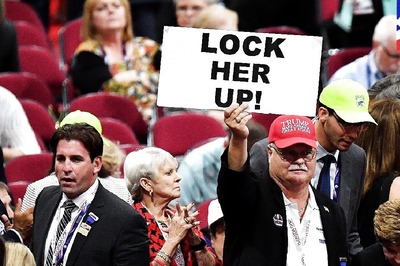


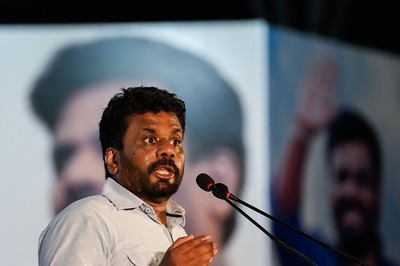

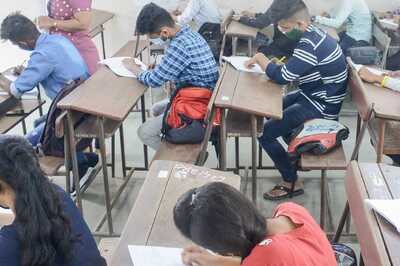

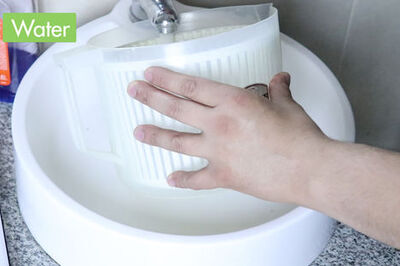
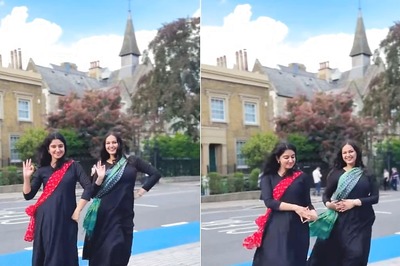
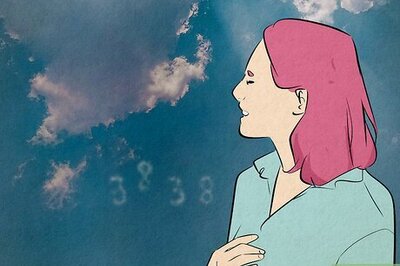
Comments
0 comment